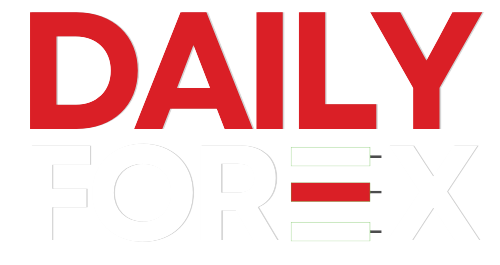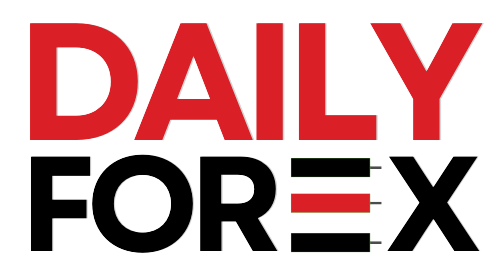The Australian Dollar (AUD) extended losses against the US Dollar (USD) on Thursday following the release of disappointing employment figures, fueling speculation that the Reserve Bank of Australia (RBA) may proceed with a rate cut in August.
Key Points:
- Employment Shock: Australia added just 2,000 jobs in June, missing the expected 20,000 increase. Unemployment rose to 4.3%, above the prior 4.1% and market consensus.
- RBA Rate Cut Bets Grow: Markets now price in an 80% chance of an RBA rate cut in August and a 75 basis point total reduction by early 2026.
- Trump Tariff Moves: US President Donald Trump reiterated plans to notify over 150 countries of a new 10% tariff, further rattling global markets.
- AUD/USD Trades Below Key Support: The pair fell beneath the 50-day EMA at 0.6489, signaling weakening momentum.
Australia’s Labor Market Miss Deepens Policy Dovishness
The latest jobs data painted a concerning picture for the Australian labor market. Despite recovering slightly from May’s 2.5K job loss, the June increase of only 2K fell far short of forecasts. The unemployment rate rising to 4.3% added pressure on the RBA to consider policy easing, especially as global demand remains soft and China’s economic recovery appears uneven.
This weak labor print follows three months of modest consumer confidence gains, according to the latest Westpac survey, but overall economic momentum appears fragile.
US Dollar Firm Ahead of Key Data, AUD Remains Under Pressure
The US Dollar Index (DXY) remains steady near 98.50, supported by expectations that the Federal Reserve will keep interest rates unchanged due to inflationary risks tied to Trump’s aggressive tariff policies. June’s CPI came in hot at 2.7% YoY, while core CPI registered 2.9%, remaining well above the Fed’s 2% target.
Additional support came from dovish comments by Fed officials:
- Dallas Fed President Lorie Logan stressed the need for higher-for-longer interest rates.
- New York Fed’s John Williams indicated a pause was necessary to assess tariff impacts before adjusting policy further.
President Trump also hinted at a major tariff deal with India and potential negotiations with Europe while reaffirming that new tariffs would impact over 150 smaller trading nations.
Geopolitical Tensions & Tariff Battles Add to Market Uncertainty
Further volatility stems from Trump’s announcement of:
- A 30% tariff on EU and Mexican imports starting August 1.
- Possible secondary tariffs on countries importing Russian oil.
- Imposition of 17% duties on fresh tomato imports from Mexico.
- European Union’s extended pause on retaliation, signaling fragile trade diplomacy.
These developments, along with ongoing military aid to Ukraine and concerns about China’s slowing retail sales and productivity, continue to undermine global risk sentiment—especially for commodity-linked currencies like the AUD.
AUD/USD Technical Outlook: Bearish Momentum Builds
- Current Price: 0.6490
- Support Levels: 0.6485 (3-week low), 0.6489 (50-day EMA), 0.6400 (psychological level)
- Resistance Levels: 0.6531 (9-day EMA), 0.6595 (8-month high)
The AUD/USD has broken below the ascending channel pattern and is now testing key technical support. The RSI is below 50, and the pair trades under its 9-day EMA—both indicators pointing to bearish momentum.
If the pair sustains below the 50-day EMA, it could slide toward the 0.6400 level. On the flip side, a return above 0.6531 would open the door for a retest of the 0.6595 high from July 11.
Conclusion:
With weak domestic labor data, rising tariff risks, and a firm US Dollar, the Australian Dollar appears vulnerable to further downside. Unless incoming economic indicators surprise to the upside, the RBA is likely to lean toward rate cuts, potentially pressuring AUD/USD below key technical thresholds in the coming weeks.
Stay Updated with Daily Forex Pakistan.




